AARP Hearing Center


If travel, dining out and other enjoyable pastimes seem more expensive these days, it’s because they are — and even once-free goods and services, like in-store gift wrapping and coffee refills, now cost money.
“It can be quite a shock to see a charge for something you used to get for free,” says Andrea Woroch, a consumer savings adviser in Bakersfield, California. “This is especially true for older consumers who were accustomed to getting certain items or services included in an upfront price.”
Here are 10 freebies that are disappearing or gone for good.
1. Grocery bags
To protect the environment, a growing number of states and supermarket chains are banning or reducing the use of plastic bags in grocery stores. Depending on where you live and where you shop, plastic bags at the grocer may cost around 5 to 10 cents.
An easy way to save: Bring your own reusable bags.
2. Seat assignment on flights
The price of an airline ticket used to be the same whether you were in an aisle seat or a window seat. Now prices can vary depending on where you sit, and many airlines charge a fee for seat selection.
According to an analysis by NerdWallet, Delta charges $15 on average each way for seat selection in basic economy, American Airlines charges $19 on average, Spirit charges $20 on average and Frontier charges a whopping $36 on average.
When you spot cheap airline tickets, check whether there are seat selection fees, says Melanie Musson, a frequent flier who works and lives in Belgrade, Montana. “It’s the strategy of airlines to offer cheap base prices to attract customers who [then] end up paying more in fees.”
































































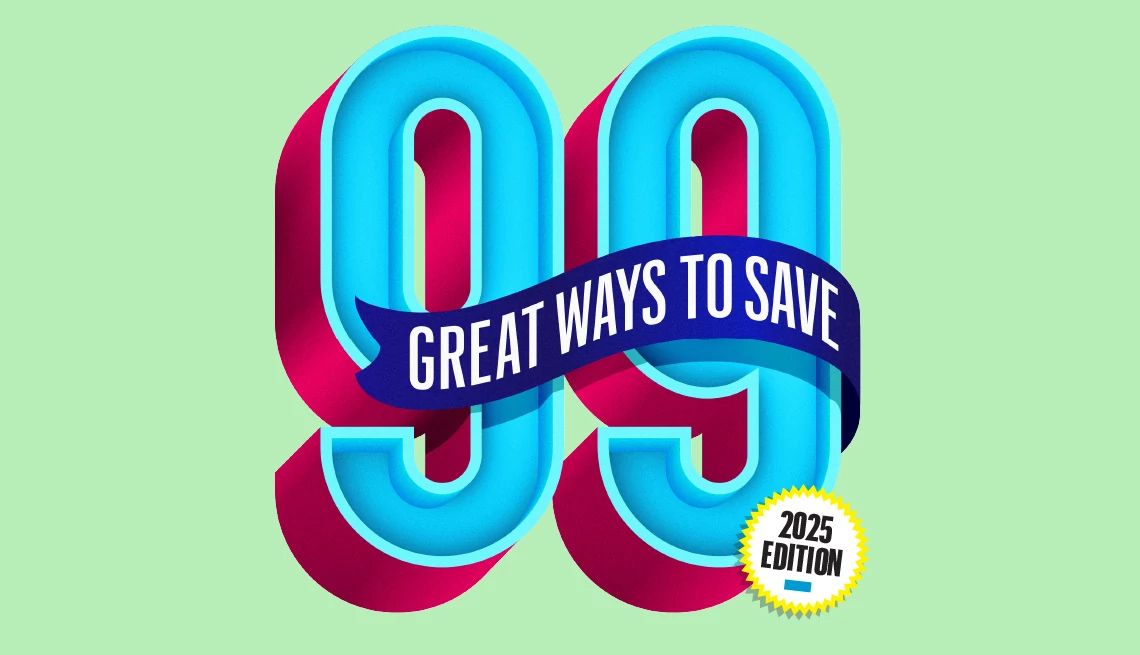
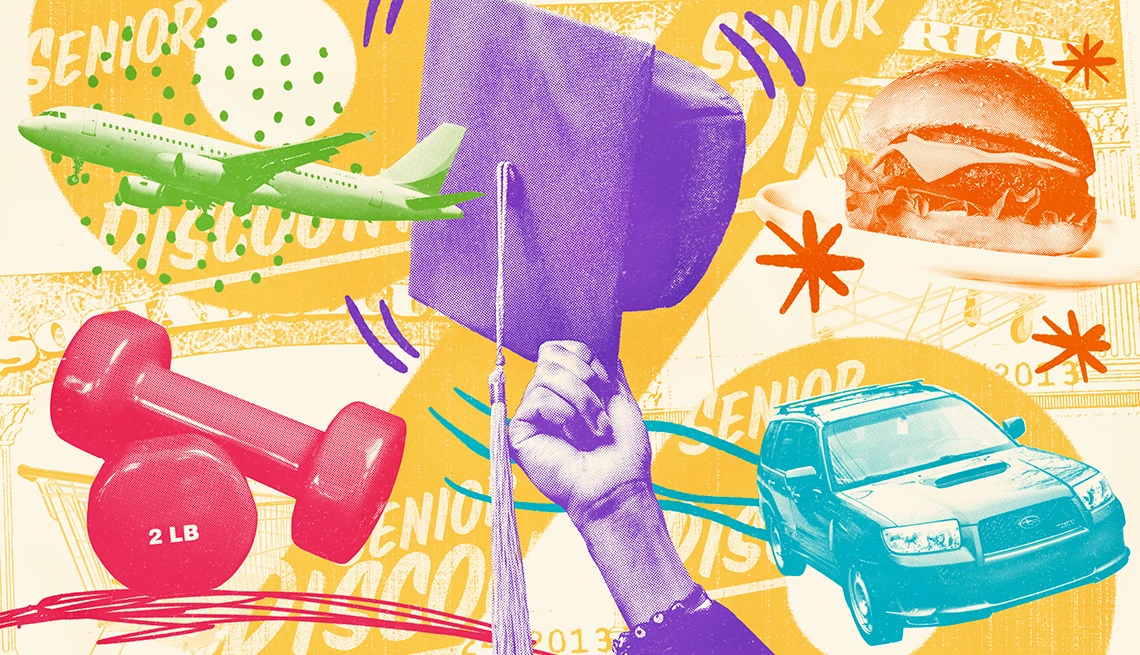
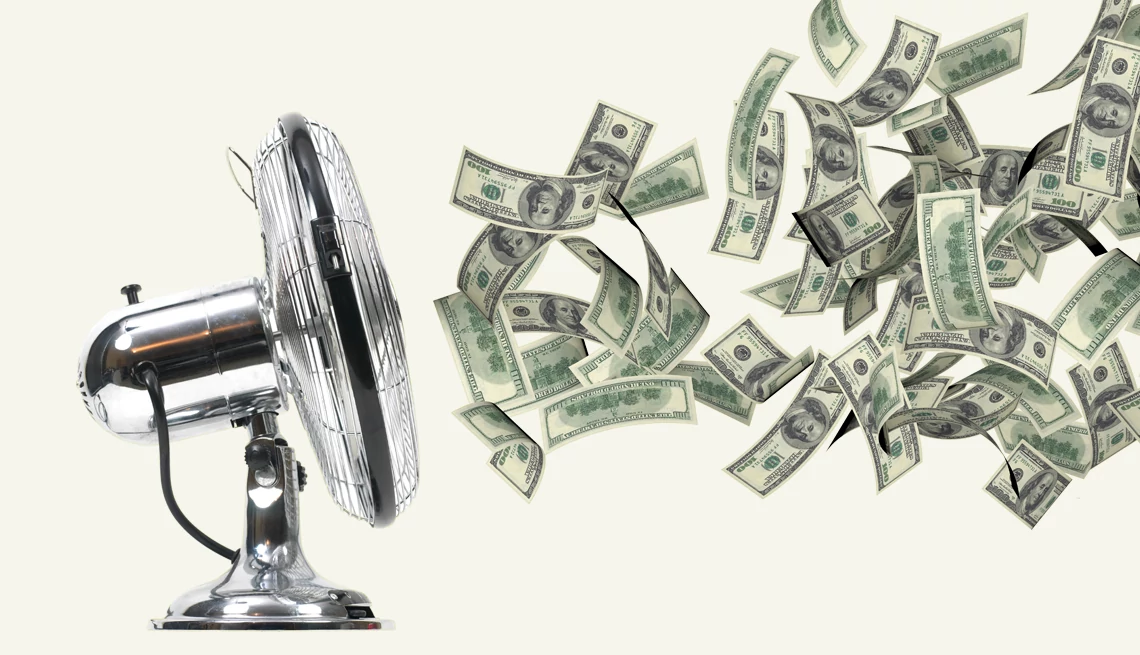

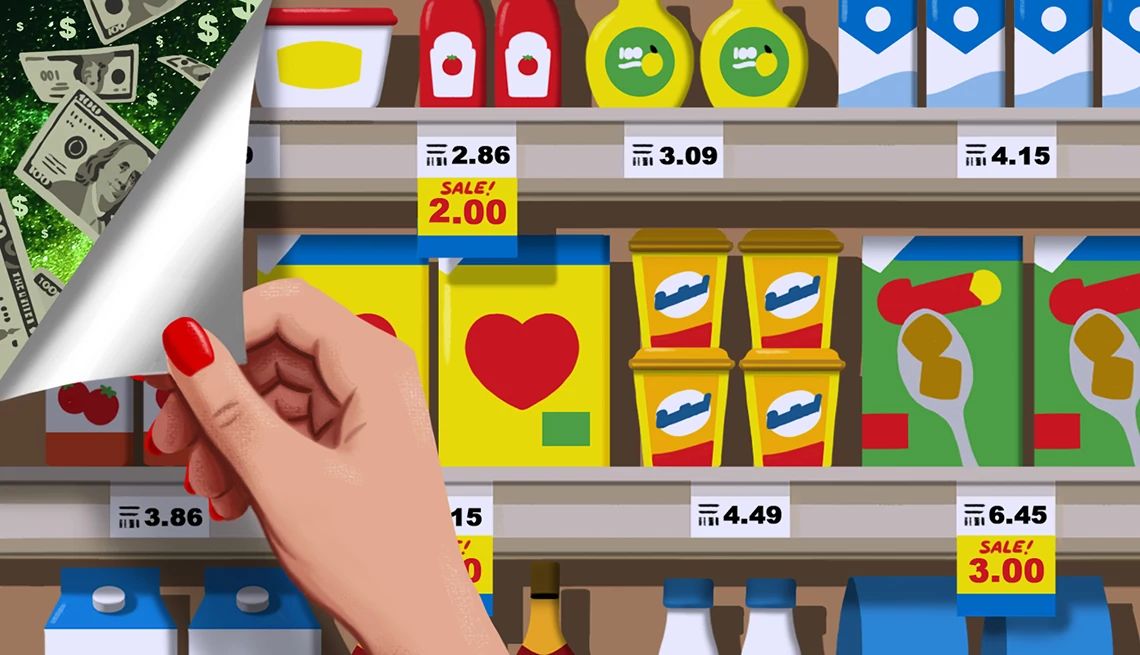





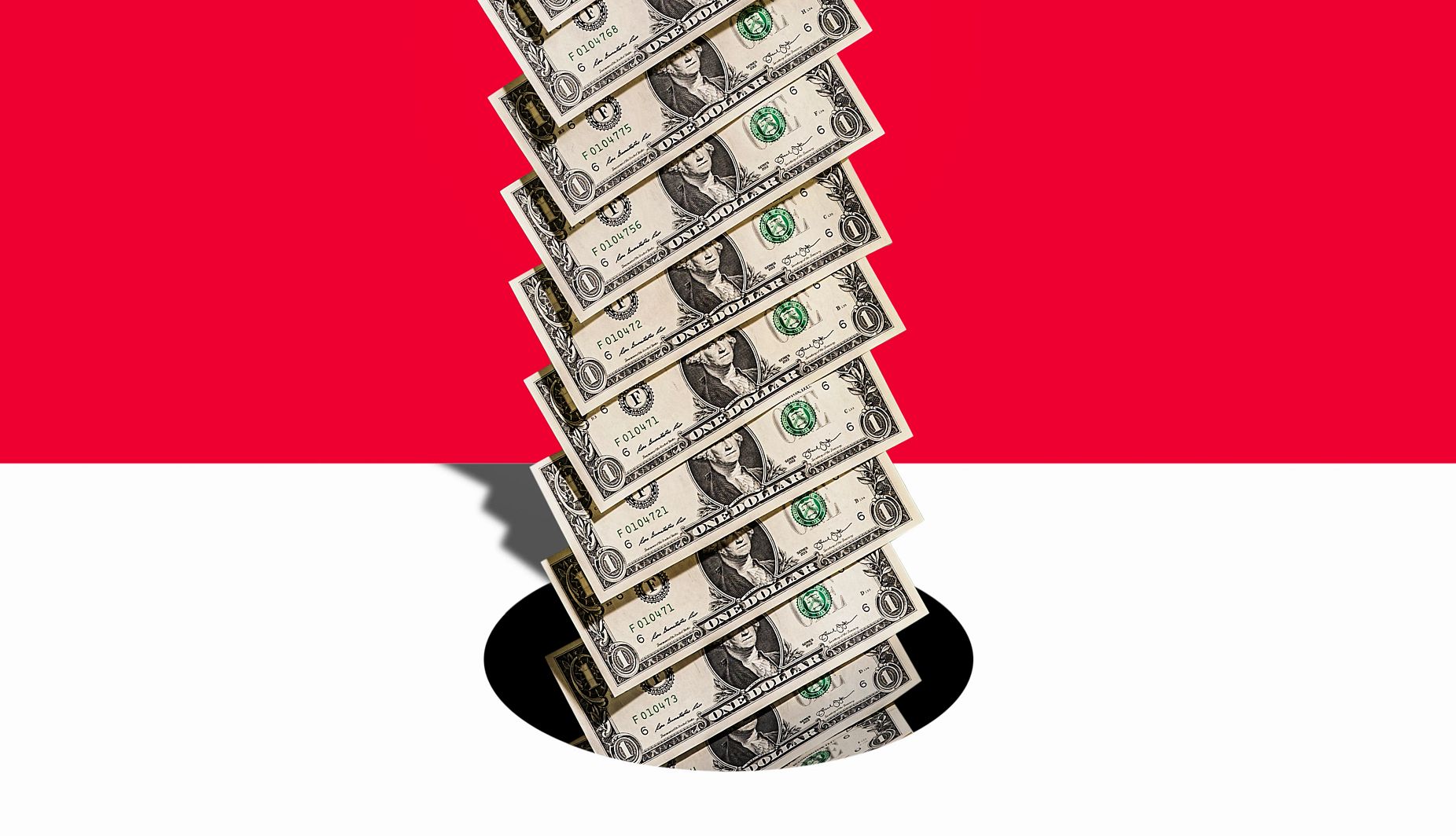




More From AARP
How to Avoid 10 Common Retirement Fails
Sidestep these land mines to help safeguard your money, health and happiness
25 Great Ways to Save on Monthly Bills
Lower your payments without sacrificing your lifestyle
Houseware Splurges Do's and Dont's
Put your money where it matters most